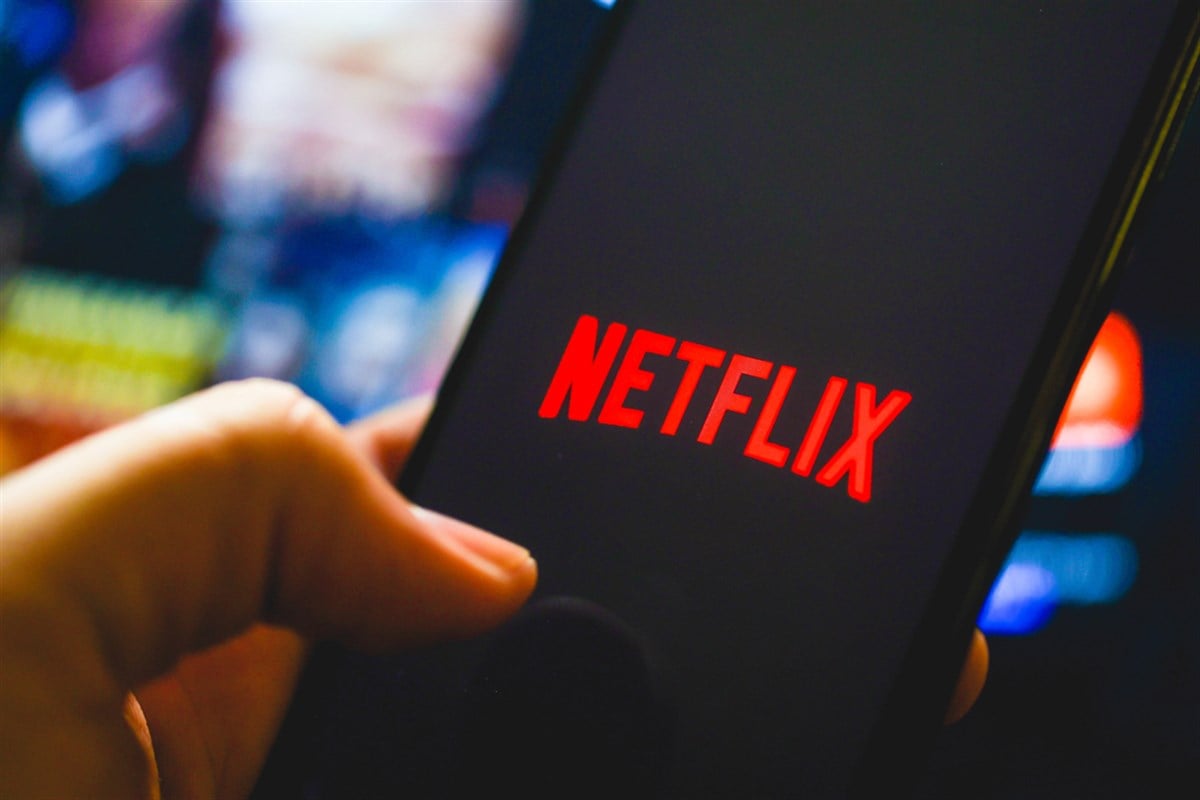
Netflix (NASDAQ: NFLX) recently jumped into the ring of live sports broadcasting with the Mike Tyson vs. Jake Paul boxing match. This new offering from Netflix marks a significant shift from its established on-demand content model. While the event drew record-breaking viewership, it also exposed meme-worthy technical vulnerabilities.
Undeterred by technical issues, Netflix is doubling down with upcoming live broadcasts of NFL games on Christmas Day (featuring a Beyoncé halftime performance), 52 weeks of live WWE action, and a new John Mulaney stand-up special. Will these high-profile events prove a knockout success, or will technical glitches deliver a technical knockout to Netflix's ambitions?
A Record Number of Viewers and Technical Hiccups
The Tyson-Paul spectacle attracted a staggering 108 million global viewers, becoming Netflix’s most-streamed sporting event to date. At its peak, the fight drew 65 million concurrent streams, demonstrating the platform’s potential to capture a massive live audience.
However, the undercard was marred by widespread streaming issues, with viewers reporting buffering and access problems. The resulting #NetflixCrash trend on social media sites, coupled with over 500,000 outage reports, underscored the challenges of managing such high-volume live streams. Netflix has acknowledged these issues and expressed confidence in resolving them before their next major test: the Christmas Day NFL doubleheader. This high-stakes event will be a crucial test of Netflix’s ability to deliver a seamless viewing experience for an even larger audience.
Wall Street Weighs In: Stock Surge and Analyst Upgrades
Netflix's earnings report for the third quarter of 2024, released in October, created a surge in investor confidence. This is partly attributed to the company's strategic shift towards live events. The financial markets responded positively to Netflix's live sports debut, propelling the stock to a new all-time high. This move has further strengthened the company's financial position.
The company’s earnings report exceeded Netflix’s analyst community’s expectations, posting diluted earnings per share (EPS) of $5.40 against a consensus estimate of $5.09 and achieving revenue of $9.82 billion, slightly above the anticipated $9.77 billion. This strong financial performance provided a solid backdrop for the market's positive reaction to the Tyson-Paul fight. The company added 5.1 million subscribers during the quarter, achieving a total of 282.72 million subscribers globally and a year-over-year membership growth of 14.4%.
The fight's record-breaking viewership prompted several analysts to raise their price targets for Netflix, indicating a bullish outlook on the company's live sports potential. Wedbush raised its target to $950, emphasizing the “massive opportunity in live sports” and forecasting significant growth in advertising revenue from this new revenue stream. Jefferies set a target of $1,000, expressing confidence in Netflix's ability to overcome the technical challenges experienced during the fight. These optimistic projections hinge on expected increases in subscribers and average revenue per user (ARPU), driven by the appeal of live events like sports.
However, it's essential to place these upgrades in context. While the short-term market reaction is positive, the long-term financial implications of Netflix's live sports venture are still subject to many factors and still need to be fully understood. The cost of acquiring and broadcasting live sports rights can be substantial, potentially impacting Netflix’s profit margins. Additionally, competing streaming services are aggressively pursuing live sports content, creating a competitive entertainment sector that will require Netflix to continually innovate and invest to maintain its strategic edge.
Financial Fair Play: Balancing Costs, Revenue, and Risk
While the Tyson-Paul fight generated significant buzz and positive market momentum, the financial implications of live sports streaming warrant closer examination. Acquiring rights to premium live events comes at a considerable cost, and the technical challenges encountered during the fight highlight the need for ongoing investment in streaming infrastructure.
This raises concerns about potential impacts on Netflix’s profitability. Furthermore, the potential for future technical disruptions poses a significant risk to subscriber retention and overall stock performance. Analysts have yet to provide detailed financial projections for Netflix’s live sports ventures, making it difficult to assess the potential return on investment.
Subscriber Showdown: Will Live Sports Alienate or Attract?
A key question for Netflix is whether its push into live sports will resonate with its existing subscriber base. While some viewers may be thrilled with the addition of live events, others might prefer the traditional on-demand model. A potential risk is that a focus on live sports could alienate a portion of Netflix's current subscribers, offsetting any gains from new viewers attracted by live content. Balancing the preferences of its diverse subscriber base will be crucial for Netflix’s long-term success.
A Cautious Outlook of Optimism
Netflix’s live sports debut, while generating impressive viewership and positive market sentiment, remains an optimistic gamble. The technical challenges, financial uncertainties, and potential impact on existing subscribers necessitate a cautious approach for investors.
While the Tyson-Paul fight provided a valuable proof of concept, the upcoming NFL games will be the true test of Netflix's ability to deliver a consistently high-quality live streaming experience. Investors should carefully monitor the performance of these upcoming events, analyze the financial data as it becomes available, and consider the broader competitive terrain before making any investment decisions.
The article "Netflix Ventures Into Live Sports, Driving Stock Momentum" first appeared on MarketBeat.







